Writing
Research
Say hi!
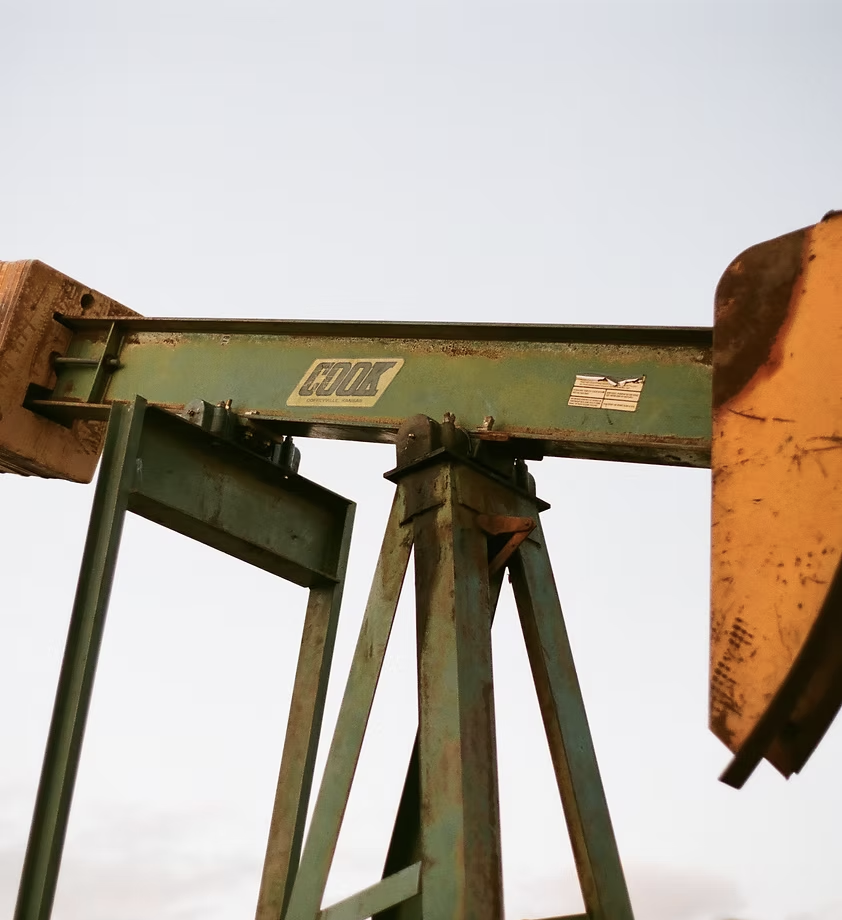
Jeremy Morris via Unsplash
This story was supported by funds from the Economic Hardship Reporting Project
Winner: LA Press Club 2022 Southern California Journalism Awards (Public Service News / Feature)
This reporting on the health impacts of residential oil drilling and community organizing to push for regulations was the first to document the number of public schools in California in dangerous proximity to oil and gas wells -- including 13 percent of all public schools in Los Angeles.
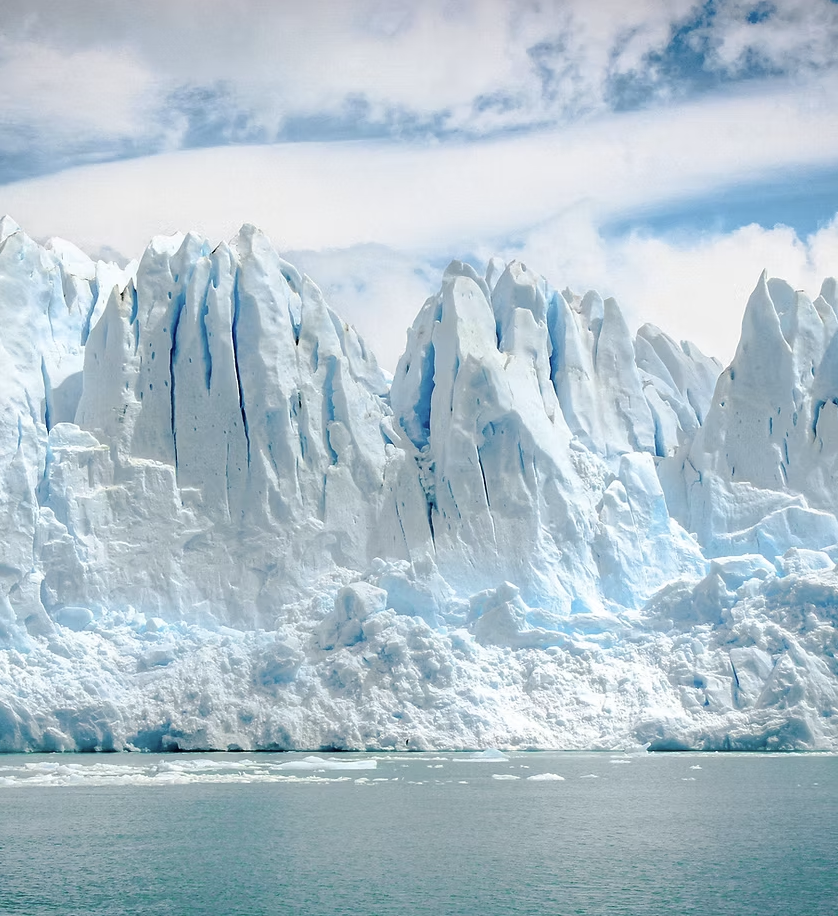
Alto Crew via Unsplash
Points of No Return, Grist
ONA's 2021 Online Journalism AwardsWinner: Topical reporting (climate change)
Finalist: Feature (small newsroom)
As the world warms, these Earth systems are changing. Could further warming make them spiral out of control? Understanding the risks of tipping points requires a radical reframing of the climate challenge [...] “If we’re right about the tipping points, they’re not marginal,” Lenton tells Grist. “They’re existential risks.”
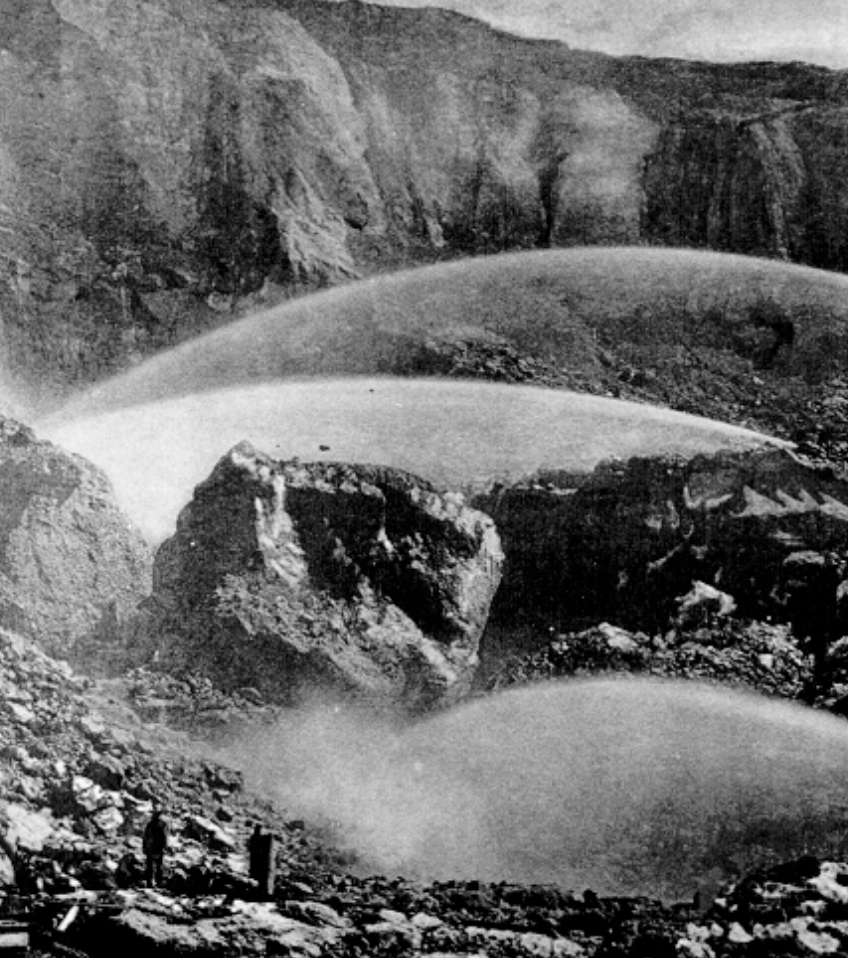
Wikimedia Commons
Mercury in Our Waters: The 10,000-Year Legacy of California’s Gold Rush, KCET / PBS SoCal
“Here we have California, which is thought of as one of the most environmentally forward-thinking states,” said Monohan of the contamination, “yet this is maybe the longest neglected environmental problem in the world. And we’re not even talking about it yet, honestly.”
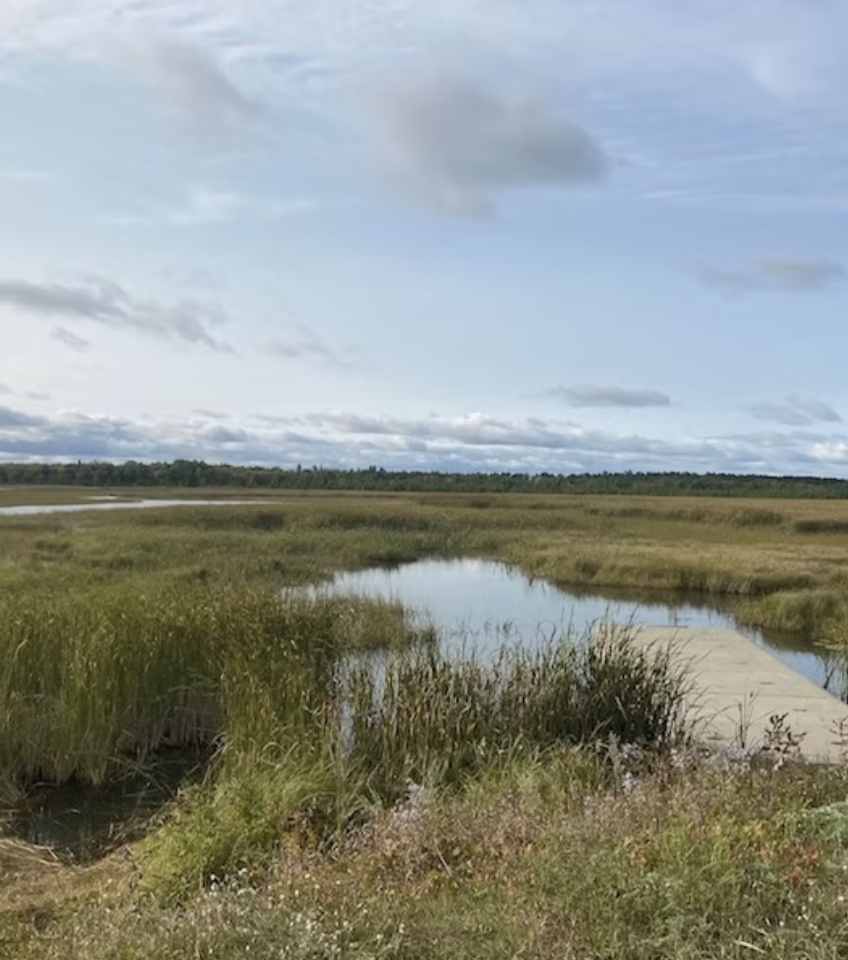
Alexandria Herr
The Line 3 pipeline protests are about much more than climate change, Grist
“Wild rice is our life. Where there’s Anishinaabe there’s rice. Where there’s rice there’s Anishinaabe. It’s our most sacred food,” said Anishinaabe activist Winona LaDuke. “It’s who we are.” [...] Now, LaDuke and Bibeau are facing a new battle for the future of wild rice: the so-called Line 3 pipeline.
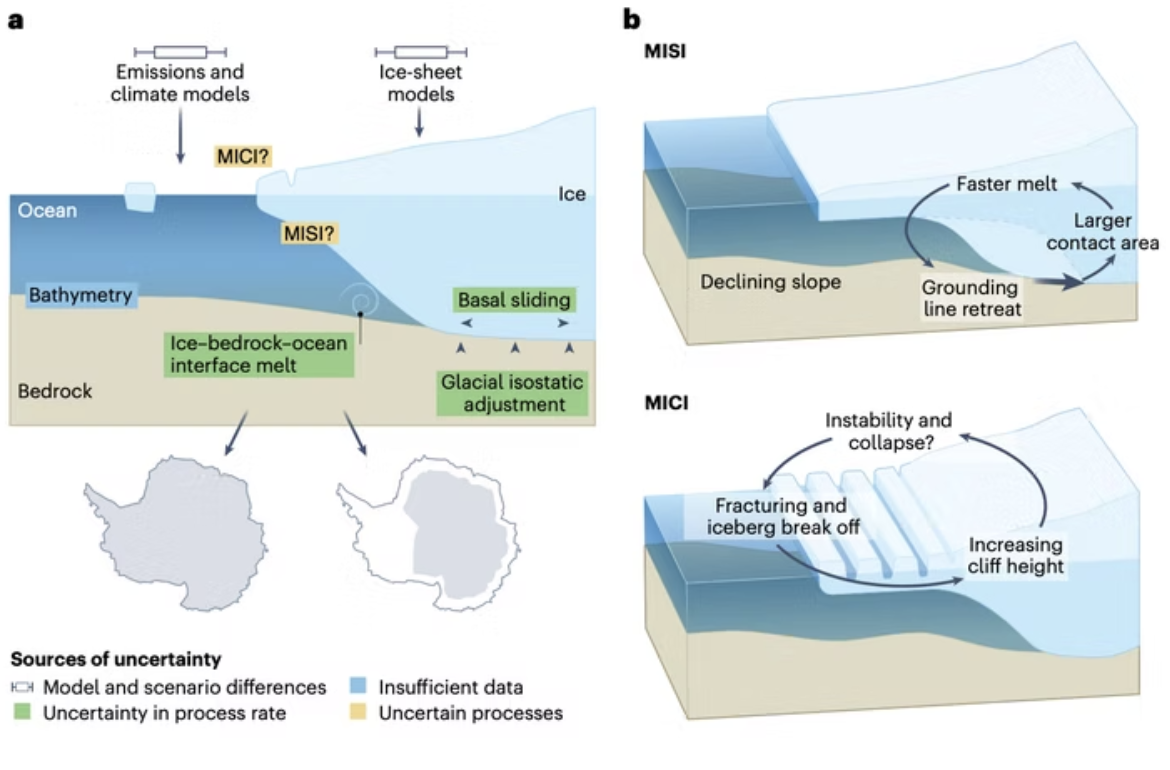
Projecting the future of our ice sheets -- and thus our oceans and coastlines -- is notorious, even within the realm of climate science, for the multiple layers of uncertainty it carries. For this piece, I took a deep dive into how scientists are untangling this knot of uncertainty to get a better view of our collective future.
Essays
Why 2023 was a Year of Climate Hallucinations, Atmos, December 2023
At the heart of the absurdity of climate politics—and, specifically, at COP28—is a strange kind of doublethink that cleaves carbon emissions from the burning of fossil fuels.
A look back on life in permacrisis, Atmos, December 2022
Permacrisis, defined as “an extended period of instability and insecurity,” was named word of 2022 by Collins Dictionary. But within every crisis lies the potential for a better future.
The climate reality of Roe v. Wade, Atmos, May 2022
The mounting threats of increased heat, air pollution, and climate change at large to pregnancy outcomes and maternal health present a toxic cocktail on their own. Combined with a heightened culture of surveillance and criminalization should we enter a post-Roe America, the present reality for pregnant people is dire.
On poetry as a place to 'reckon with catastrophe', KCET, April 2022
One record-breaking wildfire season after another, at a moment when it feels like we are both the house in flames and the man running through it, poetry can help us reckon with climate change – and perhaps even point towards greener futures.
Selected Journalism
I've written about the intersection of climate change and housing, public health, policing, managed retreat, oil and gas extraction, and more.
The snowy winters of your childhood are gone for good, Business Insider, February 2024
"It's not just the changing winters that we're grieving, it's the parts of ourselves that are changing with it."
Defending Wild Rice, Atmos, September 2021
"In a new lawsuit against the DNR, the wild rice itself is striking back."
Could oysters save California from drowning? Grist, Slate, June 2021
"The unassuming bivalve could be a key part of helping coastlines adapt to the impacts of climate change."
Oil extraction and public health
An oil well right next to your house? The California Senate says that’s OK. Grist, August 2020
“We’re seeing that these senators are serving the interests of the oil and gas industry and not the public”
California proposes 3,200 buffer zone between oil wells and homes, schools, Capital and Main, October 2021
"After years of advocacy by frontline communities, California may finally be on the way to implementing a key health and safety regulation to protect communities living near oil and gas extraction facilities."
Central valley coalition suing EPA over clean air failures, Capital and Main, December 2021
"Environmental justice groups in the area are fighting back against the smog"
One of the most polluted counties in America is getting 40,000 new oil wells, Grist, March 2021
"Living near these sites is linked to a host of health conditions: respiratory problems, migraines, nosebleeds, higher rates of asthma attacks, cancer, and preterm birth."
Housing and Climate
This Louisiana neighborhood is retreating in the face of climate change, Grist, June 2021
"Sometimes, the best way to build back better might be to just pick up and build elsewhere."
As COVID restrictions lift, green spaces are the front lines in a fight for housing justice, Grist, April 2021"L.A.’s Echo Park was an oasis for the unhoused during the pandemic — until the city forcibly removed them."
LA’s homeless communities are avoiding cooling centers, and it’s not just because of COVID-19 Grist, August 2020"[...] many more could soon find themselves pinned between heat waves, concerns about the virus, and fears of street sweeps as the pandemic and climate change continue."
Police brutality and climate
‘They criminalize us’: how felony charges are weaponized against pipeline protesters, The Guardian, January 2022
"Twenty states have passed laws that criminalize protesting on ‘critical infrastructure’ including pipelines. In Minnesota, at least 66 felony theft charges against Line 3 protesters remain open"
6,000 acres of Minneapolis parks have their own police force Grist, July 2020"Any conversation about defunding or abolishing the police in Minneapolis would be incomplete without a discussion of the Minneapolis parks system, which maintains its very own force of police officers to patrol more than 6,000 acres of park land within the city — one of whom was present at Floyd’s killing."
How the fossil fuel industry drives climate change and police brutality, Grist, July 2020
"Police violence and pollution are more connected than you might realize"
Winter Storm Uri Coverage
"Who better to mobilize the community than people who are already in the community?”
After the winter storm, a Texas mobile home community’s nightmare was far from over, Grist, March 2021“It was a living nightmare for everybody.”
When the grid went dark, Texans faced 3.5M pounds of excess air pollution, Grist, February 2021
"Through the night, the refinery’s flare towers lit up the neighborhood like enormous, flickering candles — and emitted thousands of pounds of pollutants."
© 2025 by Alexandria Herr.